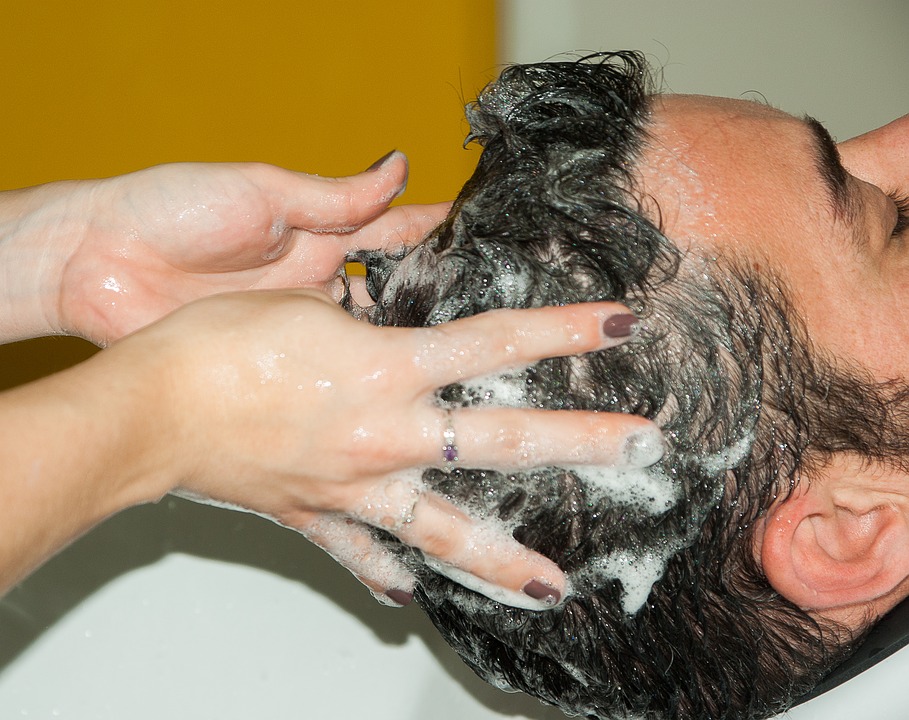Health and safety experts have been encouraging hairdressers to wear non-latex gloves after a considerable rise in occupational dermatitis claims have plagued the industry. With hairdressers spending all day at work touching lots of different products, they are increasingly finding that they are suffering from contact dermatitis.
Table of Contents
What is contact dermatitis?
Contact dermatitis can be a type of occupational eczema that is triggered by contact with a particular substance. In the case of hairdressers, this is often the hair dyes, shampoos and styling products that they have to frequently handle as they apply them to their customers hair. Eczema is the generalised name for a group of conditions that cause skin to become dry and irritated. However, the condition usually improves or clears up completely if the substances that are causing the problem are identified and then avoided. There are also treatments that are available to help ease the symptoms. These symptoms generally are the skin becoming red, blistered, dry, and cracked. This reaction usually occurs within a few hours or days of exposure to the substance.
How can it be avoided?
For hairdressers, the best way to avoid this condition worsening or even appearing in the first place is to wear gloves that create a barrier between their skin and the products that may cause an irritation. Under a campaign called ‘Bad Hand Day’, the Health and Safety Executive (HSE) have sought to dispel myths surrounding the use of non-latex gloves.
These myths include the ideas that:
- Gloves snag clients hair
- Clients object to gloves
- Gloves are expense for the business to buy
- Gloves make it difficult to detect water temperature
With all of these popular myths around the wearing of gloves being dispelled, there is little reason for hairdressers to continue to avoid wearing them and putting themselves at risk of having to make occupational dermatitis claims.
Occupational dermatitis claims are not just limited to hairdressers. All of the following professions have a high chance of developing industrial dermatitis:
- Engineering and construction
- Hairdressing and beauty
- Cleaning and housekeeping
- Cooking and catering
- Nursing and healthcare
Substances that are known as causative agents can cause cases of industrial dermatitis and include the following:
- Flour
- Cement
- Bleaches
- Paints
- Glues
This is not an exhaustive list, because skin conditions are so unique to each individual person and you can’t always predict what reaction your skin may have to a specific substance. Some people will be more susceptible to reactions because of their skin type and may also find that it is more difficult to get rid of.
Your employer is legally obliged to protect your health and safety, and if they have failed to provide you with a suitable means of protecting yourself from developing an adverse skin condition, then they could be held responsible for the health problems that you have suffered. Having any kind of health issue is unpleasant, and if it seems like it is an unavoidable part of going to work then you can often feel like the situation is hopeless. There is hope though, and occupational dermatitis claims mean that you might be able to gain compensation for both wages that you may have lost when you can’t work and any treatment that you may have had to pay for. Expert industrial disease solicitors such as those at AWH Solicitors can help you with your claim, so you can get the compensation you deserve.

